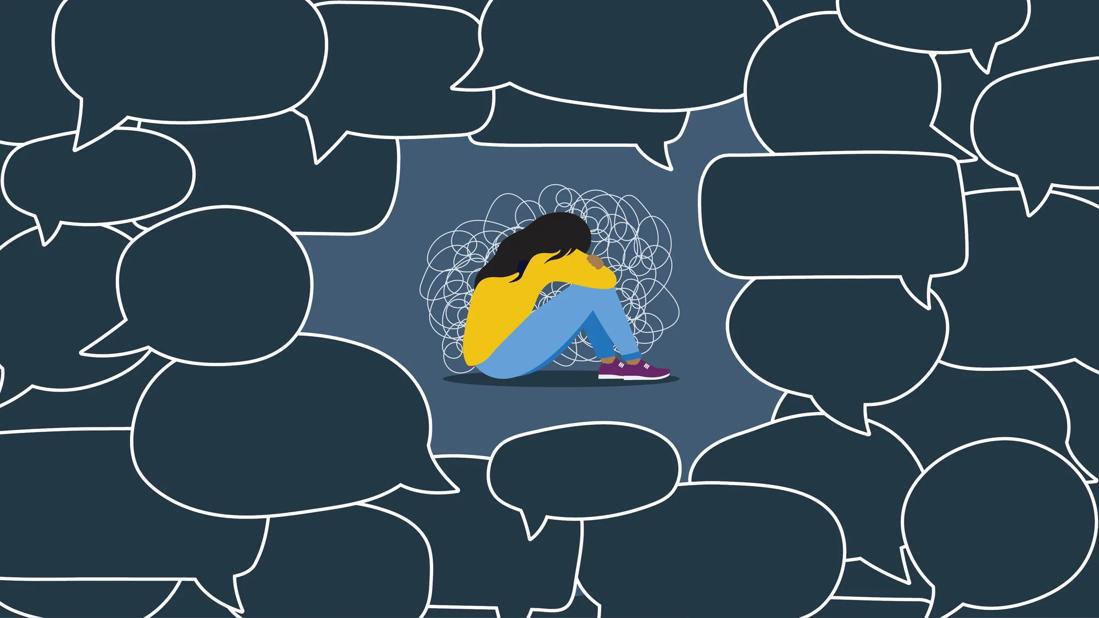Am I Being Gaslighted? Take This Quiz
This 15-question quiz is designed to help you recognize signs of gaslighting tactics and behaviors

Gaslighting can make you feel confused, insecure, out of place, afraid to speak up and defend yourself, or communicate and express your frustrations with confidence. Over time, gaslighting can take a real toll on your mental, emotional and physical health. It can even disrupt your relationship with trust.
But how do you know if you’re being gaslighted if you’re having doubts about your own reality?
According to psychologist Chivonna Childs, PhD, manipulative behaviors associated with gaslighting can be damaging to anyone for a number of reasons. But for these tactics to be considered gaslighting, they usually occur repeatedly over extended periods of time and often in combination with multiple gaslighting behaviors.
This quiz takes all of that into consideration by asking you how you feel regarding the person you think may be gaslighting you:
About this quiz
This assessment will not provide a mental health diagnosis of any kind. This test is designed for personal use only and is meant to be a tool that can help you determine whether or not your concerns about gaslighting require further action.
In this quiz, we focus on using declarative statements in place of questions so you can assess and reflect on your own unique situations with other people. Statements like, “I am made to feel responsible for this person’s negative behavior toward me,” are provided so you can rank how little or often those statements apply to you.
Based on your responses, you’ll get one of three potential results:
- Minimal gaslighting: Gaslighting is unlikely or occurs on rare occasions.
- Occasional gaslighting: Gaslighting occurs on a somewhat frequent basis.
- Gaslighting possible: Gaslighting is most likely occurring.
Who is this quiz for?
This gaslighting quiz is designed for anyone who’s questioning the nature of their relationship with a coworker, romantic partner, family member, friend or other acquaintance who you think may be gaslighting you. The goal of this quiz is to help you reflect on the ways others may have negatively impacted you and your mental or emotional health over any period of time.
What’s next?
Remember that gaslighting of any kind is never your fault. You are not to blame for the behaviors that occur in a gaslit relationship.
That’s what makes gaslighting so difficult to wrap your head around — it’s hard for the target to really see that it’s happening and to truly believe that they’re not in the wrong.
If at any point you’re concerned for your health and safety or the safety of others, you may want to reach out to a therapist, mental health specialist or other healthcare provider for guidance. These professionals can help you recognize the signs of gaslighting, while also helping you heal the wounds caused by gaslighting behaviors.